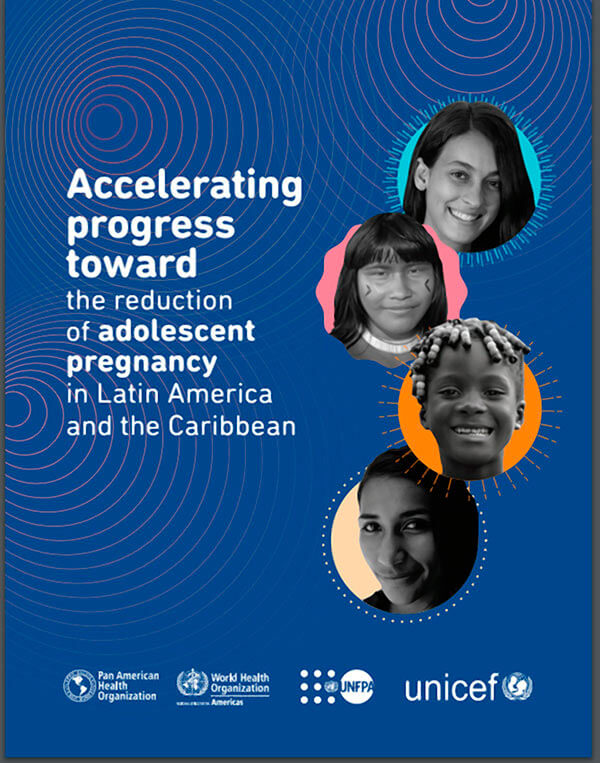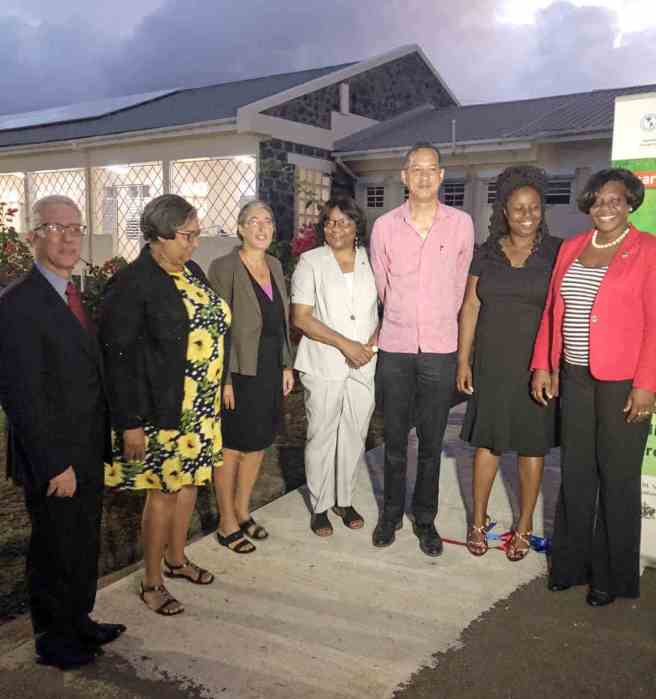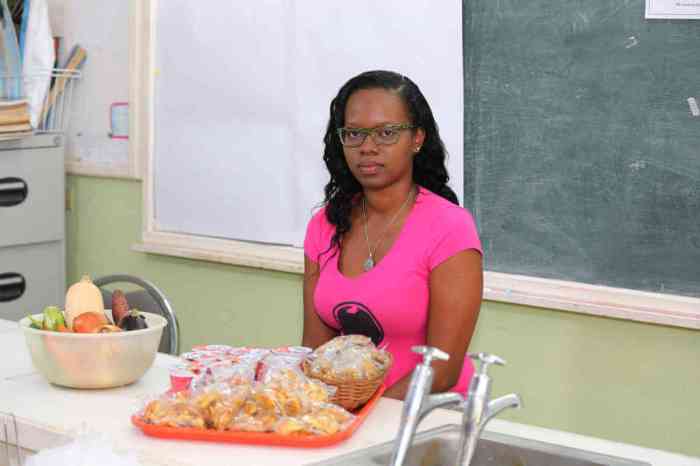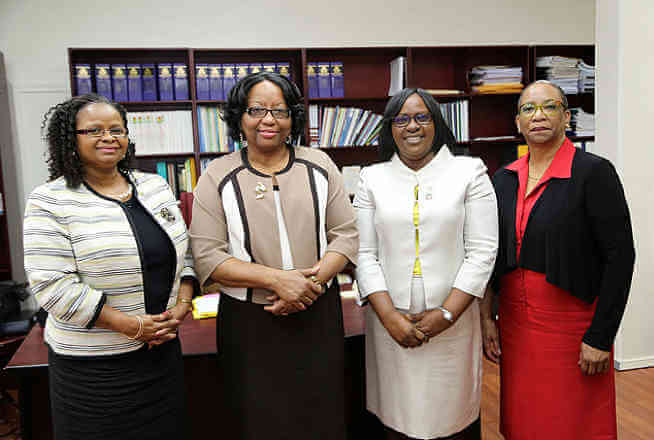A new report conducted by the Pan American Health Organization (PAHO), researchers found that the Caribbean, along with Latin America has the second highest adolescent pregnancy rates in the world. In the report titled “Accelerating Progress Toward the Reduction of Adolescent Pregnancy in Latin America and the Caribbean,” it details that within the Caribbean — the Dominican Republic and Guyana are the two countries in the region with the highest numbers. But the cause of pregnancy in young girls and teens is a very complex issue, often happening to those who suffer from a lack of access to multiple resources, said a regional director.
“It’s a combination of factors, but if I have to pick one it’s marginalization — it is the leading reason because consistently we find that even in all the countries that have low rates, it is those from poorer income groups, the lower educated, and girls in rural areas that have the biggest burdens,” said Dr. Sonja Caffe.
Within these high numbers, there are minority groups in these countries more susceptible to pregnancy due to isolation from larger society.
“In the countries with racial and ethnic issues, the minority groups there — often the indigenous groups for instance, deal with a lot of discrimination and have high teen pregnancy rates,” added Caffe. “The indigenous in Guyana have very high rates.”
Detailed in the report are the causes and effects of this marginalization, and the organization hopes to institute effective change amongst the mindsets of legislators to govern policies that can begin to rectify this widespread rise. Together with other humanitarian groups like United Nations Children’s Fund (UNICEF) and United Nations Population Fund (UNPFA), Caffe says PAHO is working to increase changes in the laws.
“We have decided to use this report as a starting point to increase awareness, and we are working hand in hand with UNICEF, UNFPA, to generate more activism and compare it with macro-development in region, we don’t want this to be one campaign but a consistent one,” said Caffe.
A glaring find in the report is the birthrate for girls between the ages of 10-14 years old. Caribbean girls within that age range are gradually having the highest pregnancy rates, and often when girls younger than 16 years old become pregnant, the most common reason is rape or coerced sex, said Caffe.
“We are the only region where we’re seeing an increasing trend of pregnancy in 10-14 year olds, and we know that the vast majority of these pregnancies come from sexual violence, because the age of consent in most of these countries is 16,” she said.
In most cases, the young girls know their attacker — who is usually a relative, family friend, or a neighbor. The report also summarizes how laws further marginalize these teens by preventing termination of these pregnancies or providing them with adequate care, according to Caffe. In addition to being a victim of sexual assault, because the body’s of adolescent girls is still undergoing development, the teens face an even greater risk of maternal mortality — which is higher the younger the mother.
Caffe says that Caribbean governments need to impose immediate action to address this. She adds that educational opportunities are vital to preventing adolescent pregnancy, and without it the life of a young mother can worsen down the road — adding that when schools that expel young mothers for a pregnancy that can lead to another pregnancy and pushing a mother further into poverty.
“The most important thing these governments can do is keep these girls in school,” said Caffe. “We’ve seen the evidence and we’ve seen the benefits this can have on their health and their lifetime.”
She said a simple policy change in Jamaica, that reintegrated mothers back into school after giving birth, has been a positive feat for the island-nation. She said other countries need to adopt similar programs and act quicker.
“It’s very important not give up on them and not push them out of school,” said Caffe. “They need to develop strategies and plans of action to address pregnancy, and this why we are sounding the alarm —because in spite all of the efforts, progress still is so slow and we need to shift and rethink what we’re doing.”



















